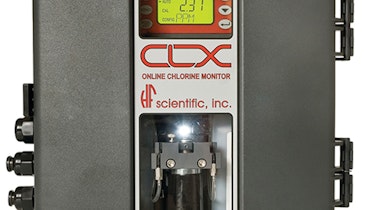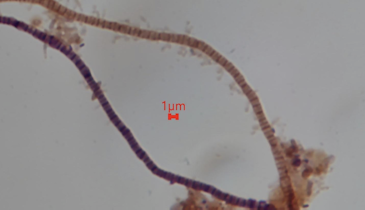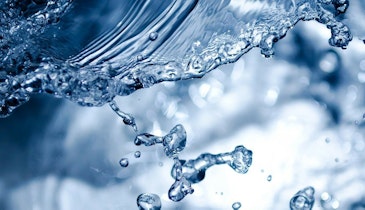The need for new operators to replace those retiring has not abated. Drinking water and wastewater utilities nationwide are constantly on the lookout for qualified professionals, whether fresh out of school or changing careers.
The community colleges in Maine are helping to meet...






